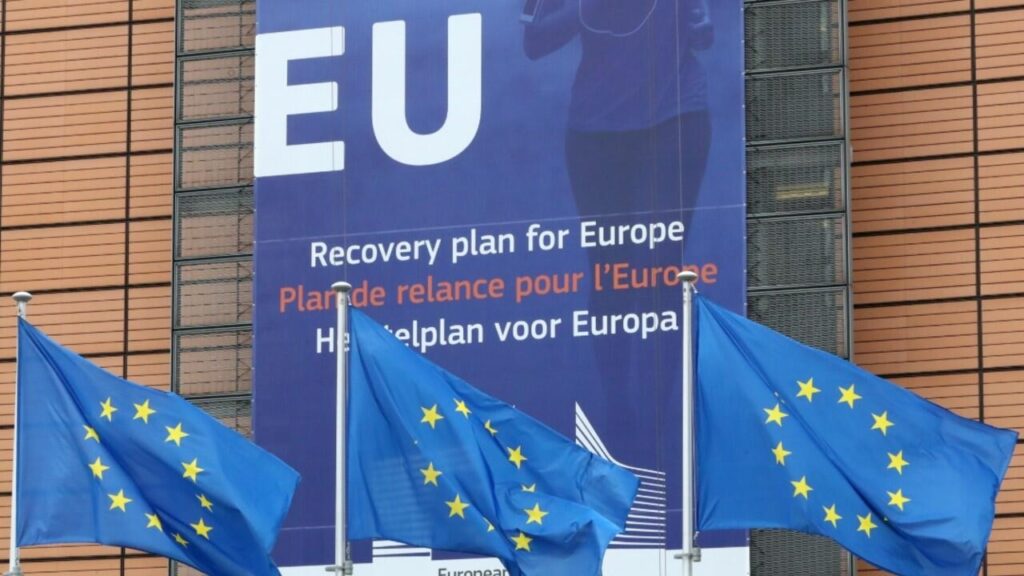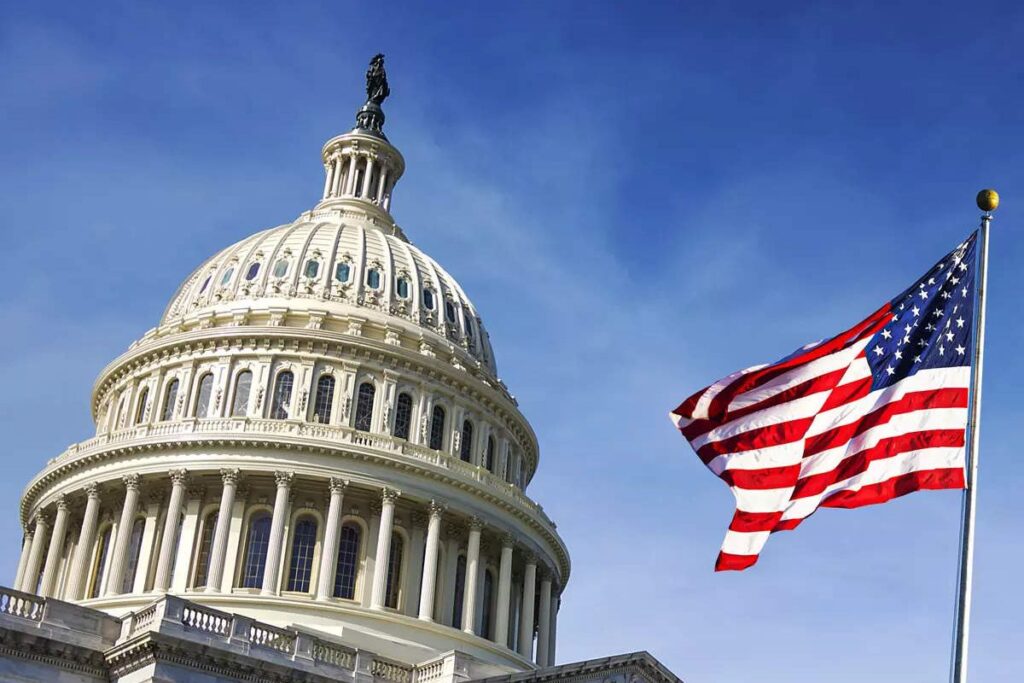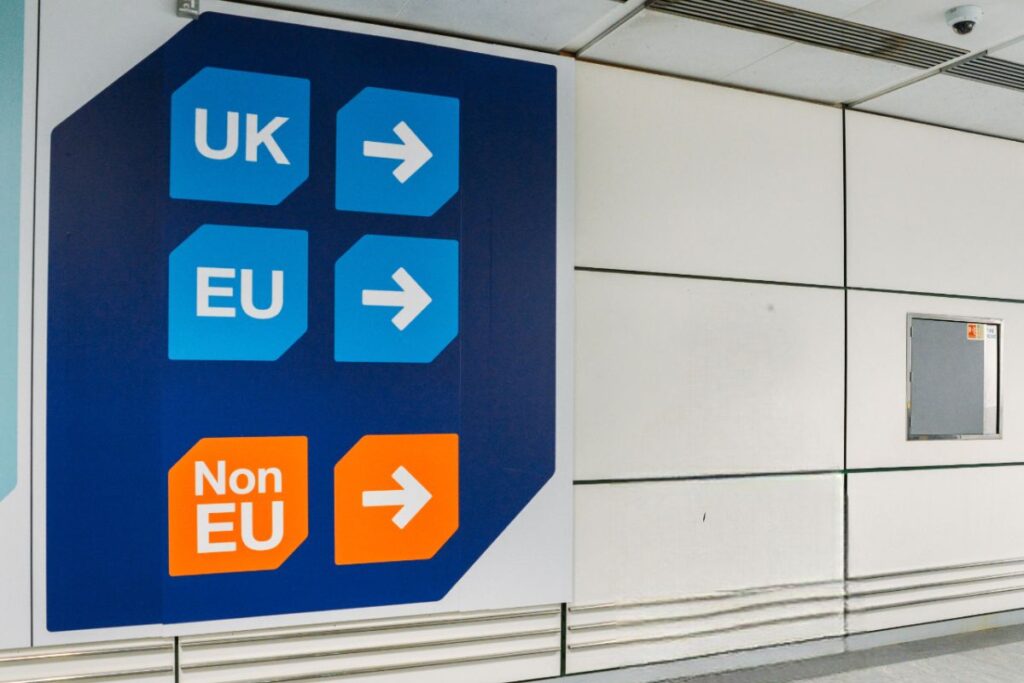
The European Union has taken a significant step in its fight against human trafficking by adopting a new directive with stronger measures to combat this heinous crime.
What is Human Trafficking?
Human trafficking involves the exploitation of people for forced labor, sexual exploitation, organ removal, or other forms of servitude. It’s a global problem with devastating consequences for victims.
The New Directive: Stronger Protections
The new directive aims to:
- Improve victim identification and support: Member states will be required to implement procedures to identify potential victims and provide them with comprehensive support, including healthcare, housing, and legal assistance.
- Target all forms of trafficking: The directive expands the scope beyond sexual exploitation to include forced labor, servitude, and organ removal.
- Combat online trafficking: Recognizing the increasing use of the internet for recruitment, the directive calls for measures to tackle online trafficking activities.
- Hold perpetrators accountable: The directive strengthens criminal justice measures to ensure traffickers face tougher penalties.
Focus on Prevention
The directive emphasizes preventative measures to address the root causes of trafficking, such as poverty and social exclusion. This includes raising awareness, educating potential victims, and tackling the demand for forced labor and sexual exploitation.
What does this mean for you?
The new directive will lead to a more harmonized approach to fighting human trafficking across the EU. This will likely involve:
- Increased awareness campaigns: You may see more campaigns informing people about the signs of trafficking and how to report it.
- Improved support services: There may be better access to support services for victims of trafficking in your country.
- Stronger law enforcement: Authorities may have more resources and tools to investigate and prosecute trafficking cases.



